The Future Of Performance And Efficiency: A Look At The 2025 Corvette ZR1
The Future of Performance and Efficiency: A Look at the 2025 Corvette ZR1
The Future of Performance and Efficiency: A Look at the 2025 Corvette ZR1
Introduction
With great pleasure, we will explore the intriguing topic related to The Future of Performance and Efficiency: A Look at the 2025 Corvette ZR1. Let’s weave interesting information and offer fresh perspectives to the readers.
Table of Content
The Future of Performance and Efficiency: A Look at the 2025 Corvette ZR1
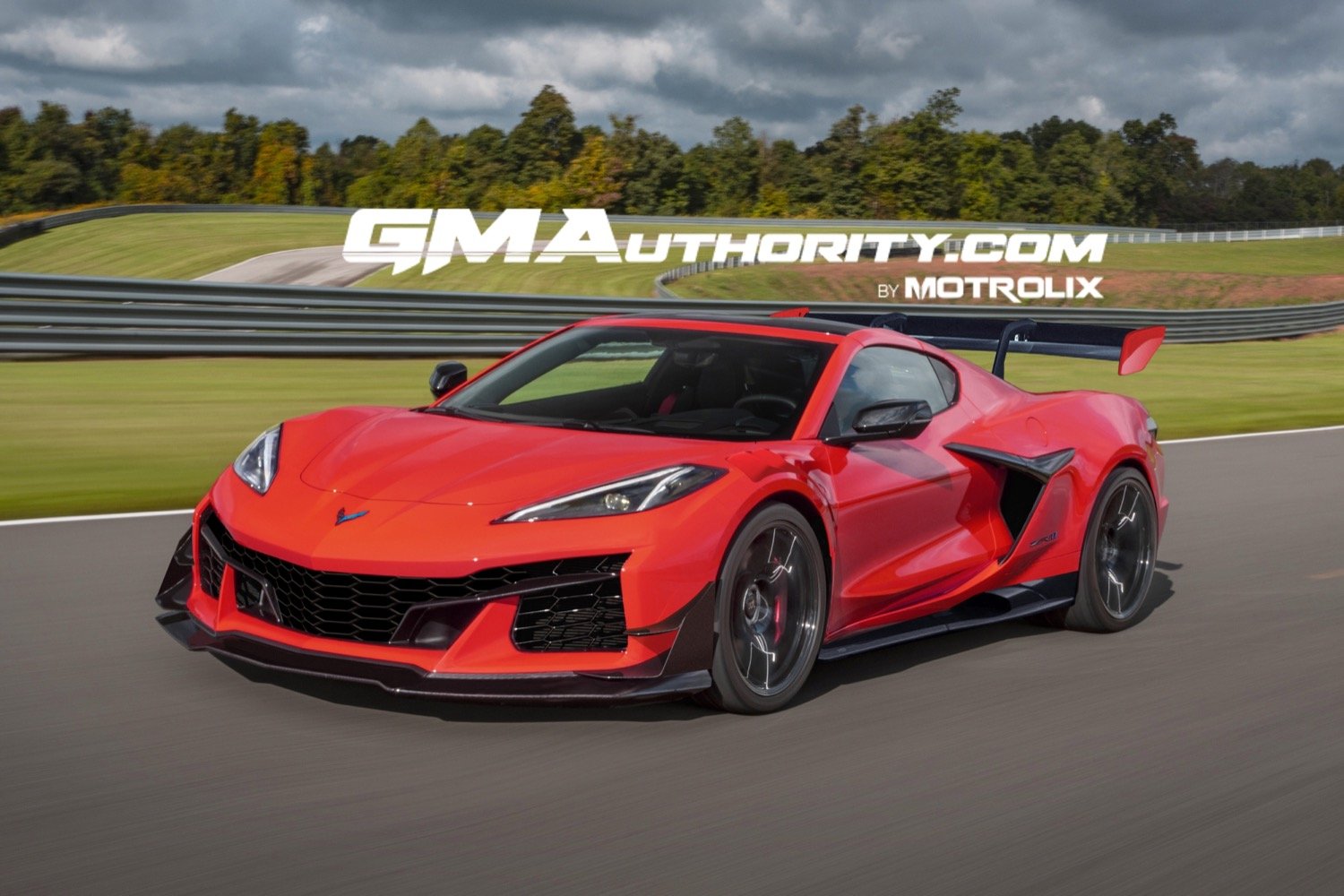
The Corvette ZR1 has long been a symbol of American performance, captivating enthusiasts with its raw power and exhilarating driving experience. As the automotive industry continues to evolve, the 2025 model year promises to usher in a new era for the ZR1, one that balances exhilarating performance with responsible fuel economy. While specific figures for the 2025 Corvette ZR1’s fuel efficiency are not yet available, understanding the factors that influence fuel consumption and the trends within the automotive industry can provide valuable insights into what to expect.
The Evolution of Performance and Efficiency
The Corvette ZR1 has always pushed the boundaries of performance, boasting powerful engines and advanced technology. However, the pursuit of power has often come at the cost of fuel economy. Recognizing this trade-off, Chevrolet has made significant strides in developing technologies that enhance efficiency without compromising performance.
The 2025 Corvette ZR1 is likely to benefit from these advancements, featuring a combination of factors that contribute to improved fuel consumption:
- Engine Technology: Future ZR1 models could incorporate advanced engine technologies such as direct injection, variable valve timing, and turbocharging. These technologies optimize combustion efficiency, leading to increased power output and reduced fuel consumption.
- Hybrid Powertrains: While the Corvette ZR1 has traditionally been a gasoline-powered vehicle, the possibility of a hybrid powertrain cannot be ruled out. Hybrid systems combine a gasoline engine with an electric motor, providing additional power and improving fuel efficiency, particularly in urban driving conditions.
- Lightweight Materials: The use of lightweight materials such as carbon fiber and aluminum can reduce the overall weight of the vehicle, resulting in improved fuel economy.
- Aerodynamics: Optimized aerodynamics, including features like active aero elements, can reduce drag and improve fuel efficiency at higher speeds.
- Transmission Technology: Advanced transmissions with multiple gears and optimized gear ratios can contribute to better fuel economy by ensuring the engine operates at its most efficient RPM range.
The Importance of Fuel Efficiency
While the Corvette ZR1’s primary appeal lies in its performance capabilities, fuel efficiency is becoming increasingly important in today’s automotive landscape. Consumers are increasingly aware of the environmental impact of their driving habits, and fuel-efficient vehicles are becoming more desirable.
Furthermore, rising fuel prices and government regulations are pushing manufacturers to prioritize fuel economy. The 2025 Corvette ZR1, by incorporating fuel-saving technologies, will not only appeal to environmentally conscious drivers but also meet regulatory standards, ensuring its long-term viability.
FAQs about the 2025 Corvette ZR1’s Fuel Economy
Q: Will the 2025 Corvette ZR1 be a hybrid vehicle?
A: While Chevrolet has not officially confirmed the use of a hybrid powertrain for the 2025 ZR1, it remains a possibility. The company has been actively developing hybrid technologies for other models, and the ZR1 could benefit from this expertise.
Q: What kind of fuel economy can I expect from the 2025 Corvette ZR1?
A: Specific fuel economy figures for the 2025 Corvette ZR1 are not yet available. However, considering the advancements in engine technology and the potential for hybrid powertrains, significant improvements in fuel efficiency compared to previous generations are likely.
Q: Will the 2025 Corvette ZR1 compromise performance for fuel economy?
A: The 2025 Corvette ZR1 is expected to maintain its performance legacy while incorporating fuel-saving technologies. The goal is to achieve a balance between power and efficiency, ensuring that the ZR1 remains a thrilling driving experience while minimizing its environmental impact.
Tips for Improving Fuel Economy
- Drive Smoothly: Avoid aggressive acceleration and braking, as this can significantly increase fuel consumption.
- Maintain Tire Pressure: Underinflated tires can reduce fuel efficiency. Regularly check and adjust tire pressure to the manufacturer’s recommendations.
- Use Cruise Control: On highways, cruise control helps maintain a steady speed, leading to improved fuel economy.
- Reduce Unnecessary Weight: Minimize the amount of cargo carried in the vehicle, as extra weight increases fuel consumption.
- Plan Your Routes: Optimize your routes to avoid unnecessary traffic and congestion, which can lead to increased fuel use.
Conclusion
The 2025 Corvette ZR1 promises to be a groundbreaking model, combining the iconic performance of its predecessors with advanced technologies that enhance fuel efficiency. By embracing a future where performance and responsibility coexist, Chevrolet is ensuring that the Corvette ZR1 remains relevant and desirable for generations to come. While specific fuel economy figures remain unknown, the advancements in engine technology, potential hybrid powertrains, and focus on efficiency suggest a significant improvement over previous generations. The 2025 Corvette ZR1 is poised to set a new standard for performance and fuel economy, demonstrating that driving enjoyment and environmental responsibility can go hand in hand.
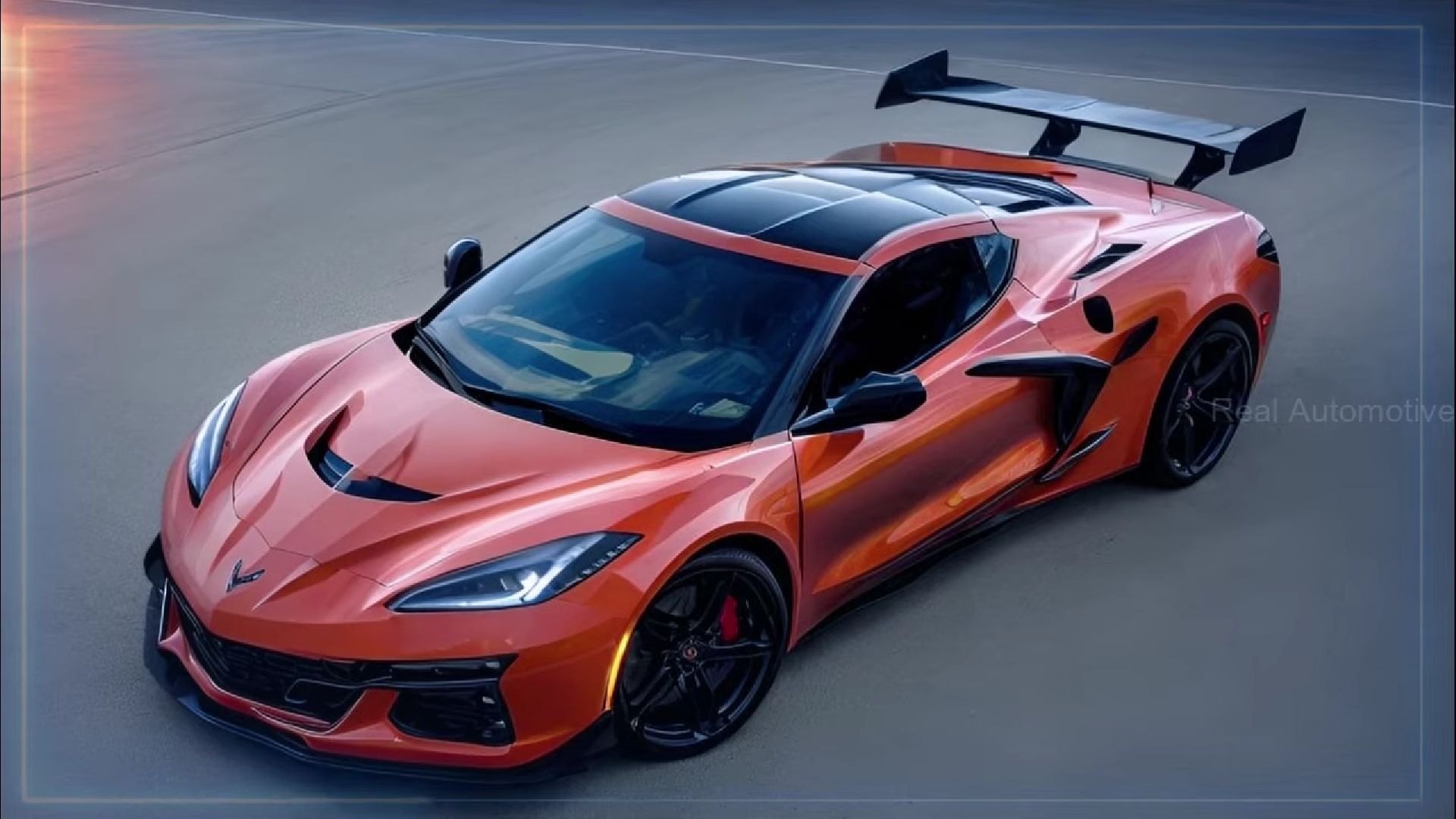
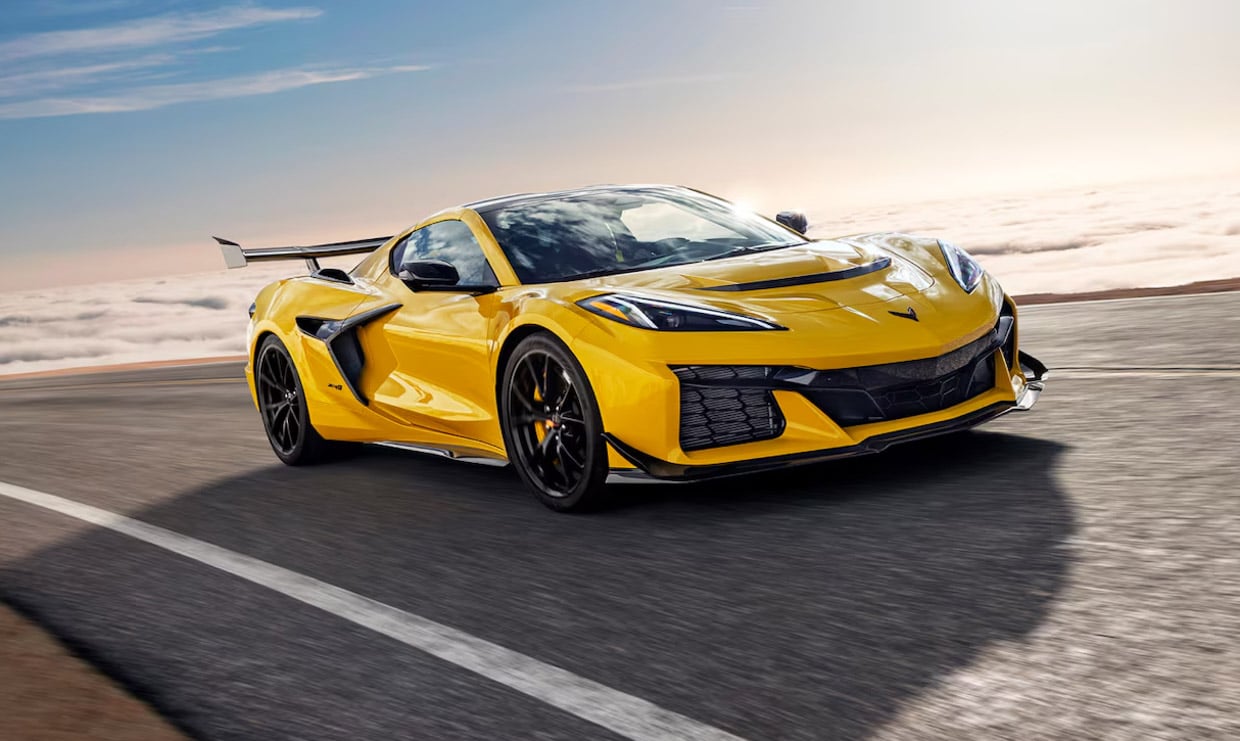




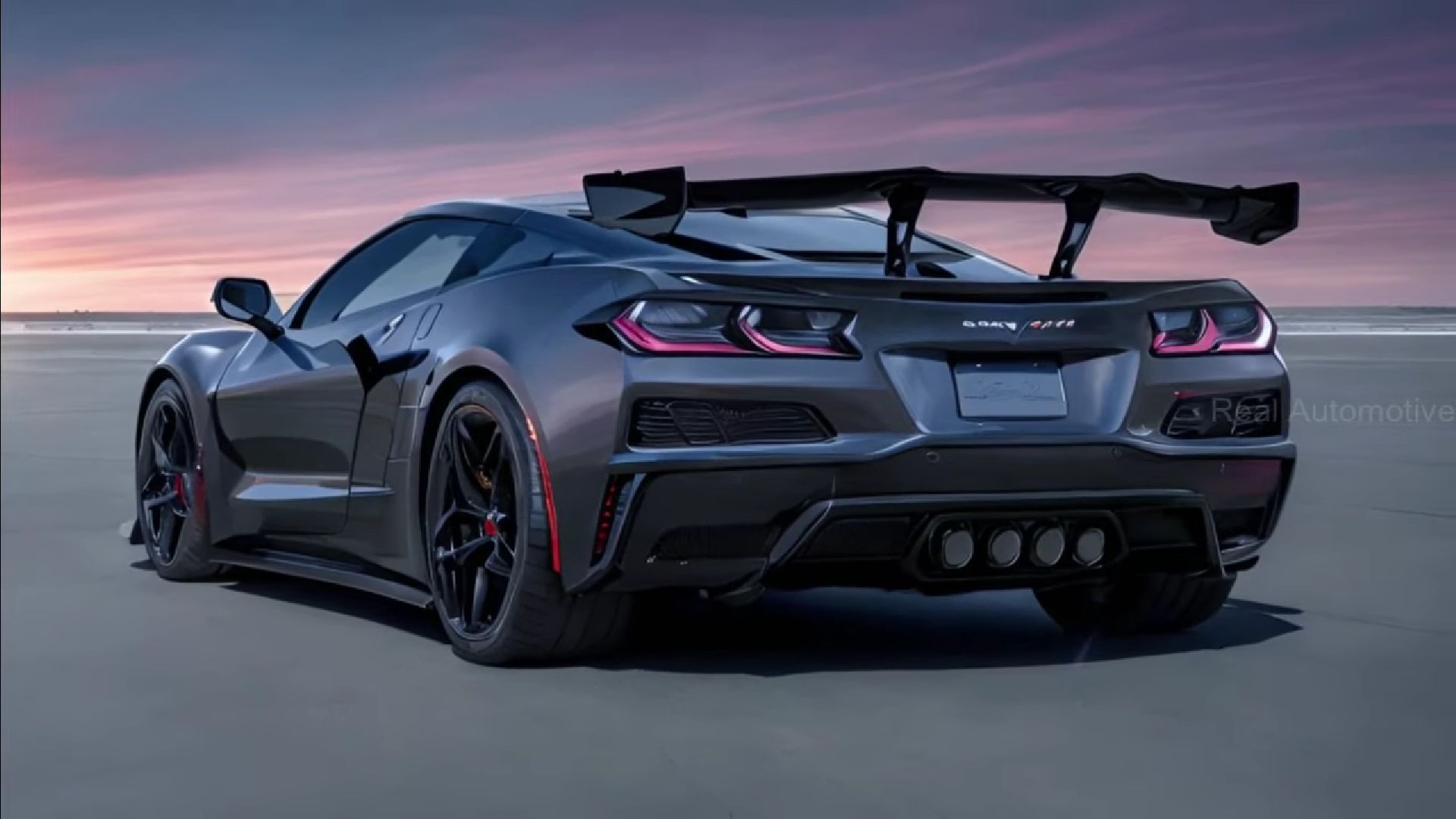
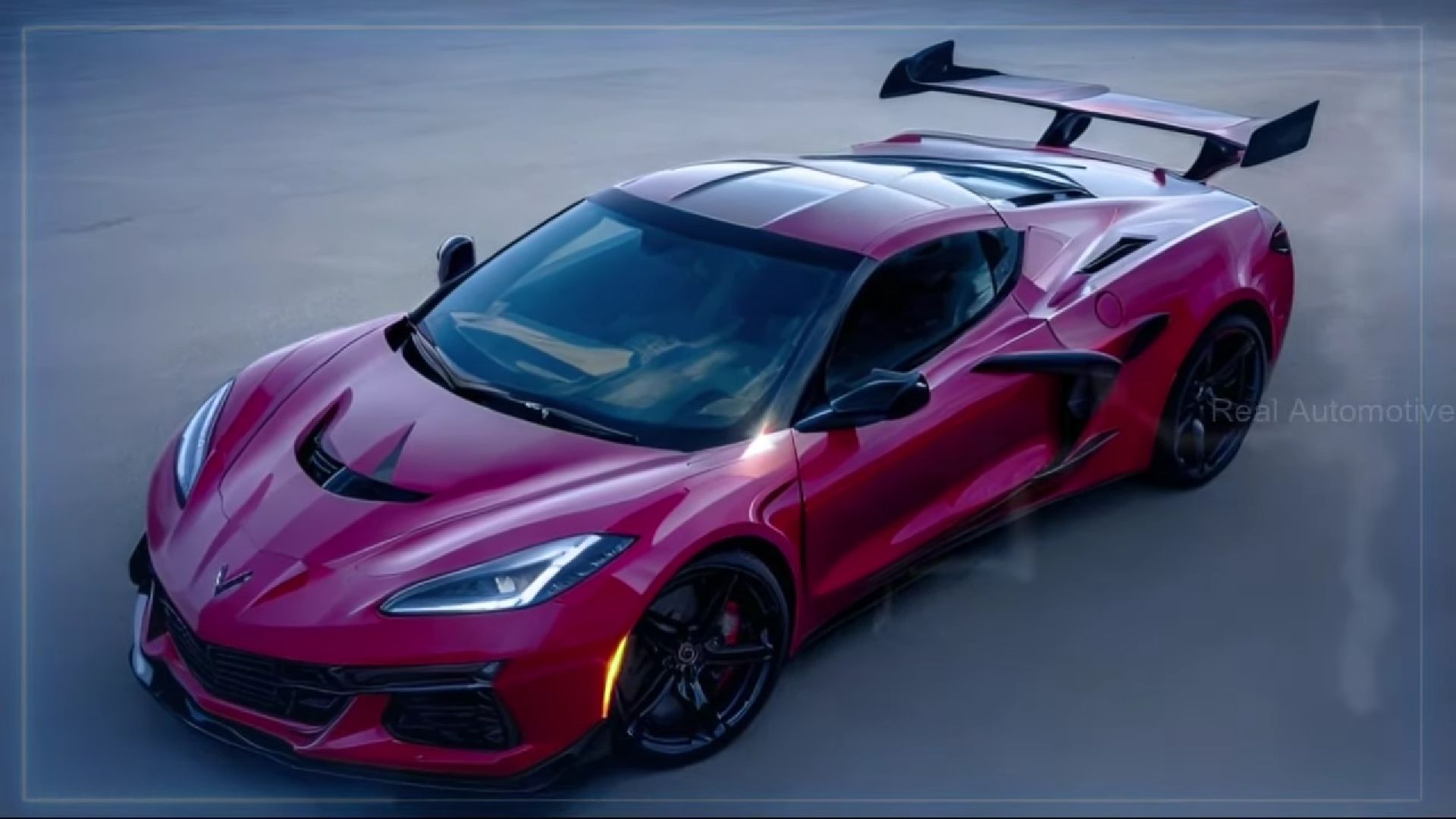
Closure
Thus, we hope this article has provided valuable insights into The Future of Performance and Efficiency: A Look at the 2025 Corvette ZR1. We thank you for taking the time to read this article. See you in our next article!